Jason Goodwin: 'The legal and democratic system that flourishes across a third of the world was hammered together on these shores'
Jason Goodwin reflects on the present's increasing ability to reflect on the past, whether through radio programs, photograph albums or just a good book.
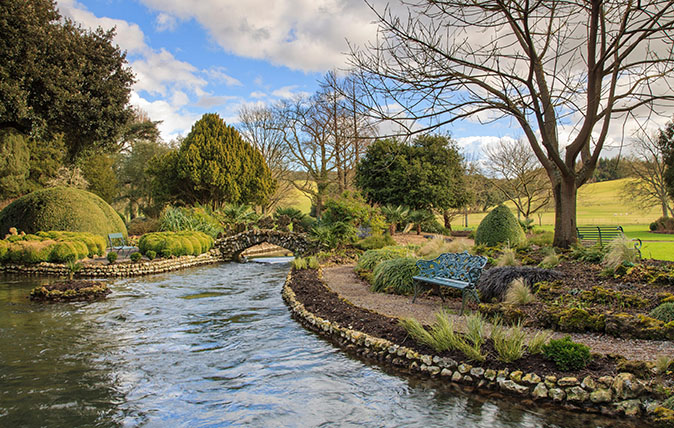
Many of us like to have a couple of books on the go: one for the sofa, one for the train, another for reading in bed. I might find myself tackling Anna Karenina, say, with a side helping of Tony Anderson’s Bread and Ashes, all about walking in Georgia, or diluting Henry James with a splash of Lee Child. P. G. Wodehouse goes well with Thomas Hardy.
Graham Greene went a step further and would actually write two books at once: his thrillers in the morning and his more solid, reflective novels in the afternoon, after a pair of lunchtime martinis.
The books I’m reading at the moment complement each other, too. The English and their History is a witty, brilliant, sweeping tale that doesn’t ignore the kings and queens and refreshingly acknowledges things that have been done right and gone well, as well as the failures and dead ends.
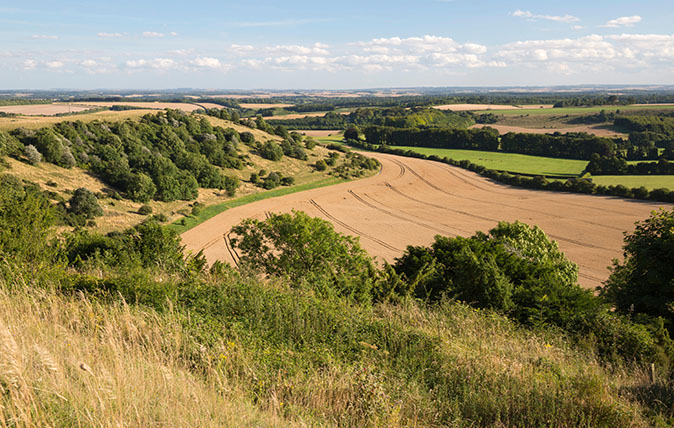
Robert Tombs, a professor and expert in all things French, is concerned with the story of England and how the English have chosen to tell it, beginning with Brutus and the Trojan descent of the island kings at one end and the chronicle of England’s post-Second World War decline at the other – each, as it turns out, as mythical as the other.
'It’s a tonic to get back to the thing in full vigour, the green sprig of English history'
There has never been a better time for history lovers, from the helpful signage of the heritage industry to the outpouring of books and radio programmes about the past. It can all be a bit spotty, however, a dash of this and a pinch of that, and often gloomy and relativist, so it’s a tonic to get back to the thing in full vigour, the green sprig of English history with its liberties and restraint, so praised by Voltaire – and often so valuable to our neighbours on the Continent.
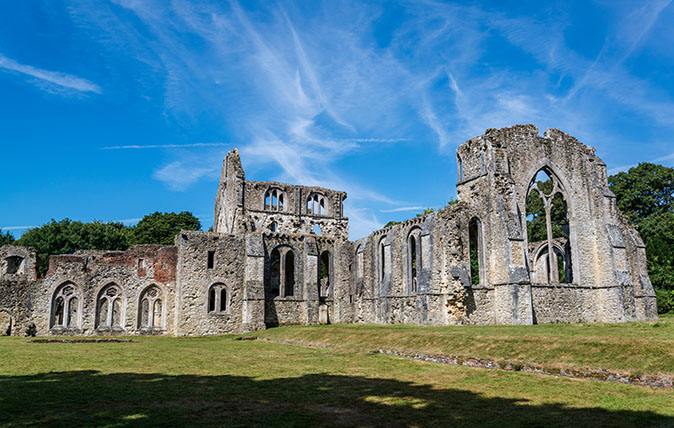
It’s amusing to think that the county of Hampshire is considerably older than any European country in existence today and the English, as a people living in a land called England, may be the oldest nation in Europe, even the world. With the exception of the Conquest, which inflicted a wound that healed like scarring on an old tree, England has been under one continuous, ever-developing system of government since the 8th century, or earlier, and that has brought the English an unrivalled stability.
England was centralised without becoming autocratic, porous without becoming spongy and, through muddle, brilliance, happy accident and geography – with endless reverses and narrow squeaks – the legal and democratic system that flourishes across a third of the world was hammered together on these shores.
Sign up for the Country Life Newsletter
Exquisite houses, the beauty of Nature, and how to get the most from your life, straight to your inbox.
In a bolder age, Prof Tombs’s massive book would have been issued in at least three volumes. For light relief and photographs, I’ve been dipping into At West Dean, which is about a 6,000-acre estate in the Sussex countryside. Our friends Jim Buckland and Sarah Wain, husband and wife, took on the running of the gardens a quarter of a century ago, when the greenhouses were shattered and decrepit and the arboretum had been smashed apart by the Great Storm.
Now, the splendour of the great house, where Mrs James once entertained Edward, Prince of Wales, is matched by its setting, from the walled gardens with their gleaming Victorian hot houses and the arboretum underplanted with wildflowers, to the extraordinary water gardens with grotesque bridges built of flint.
What has made it all possible is ‘continuity of custodianship’, the authors explain, as a garden goes through its cycles of ‘development, decline and renewal’.
There are moments when, if it wasn’t for the photographs of Jim spreading compost, I could believe I’d accidentally swapped books. The lesson from rebuilding West Dean gardens over the past 27 years might be summed up as Make Haste Slowly. It sounds decidedly English.
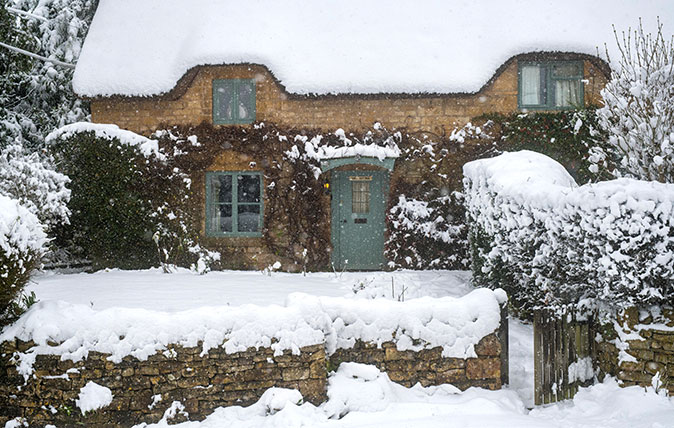
Credit: Tim Gainey / Alamy Stock Photo
Jason Goodwin: ‘The only sounds were the yawning of dogs, the spitting of logs in the fireplace and the occasional papery gulp of somebody turning a page’
Snowed in and without power, Jason Goodwin was left to live a medieval lifestyle that was rejuvenating and romantic... but
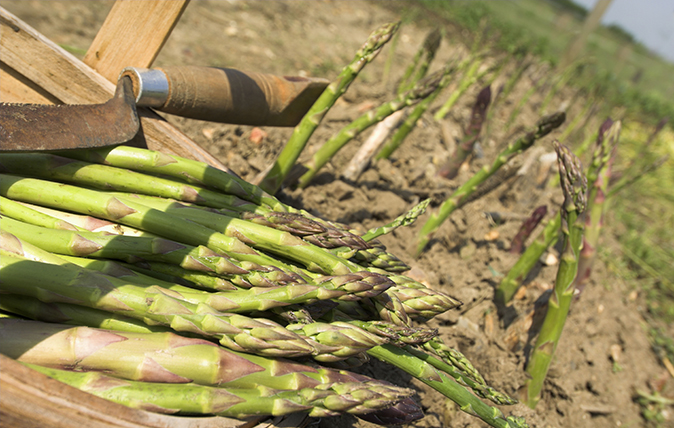
Jason Goodwin: ‘After a year, absolutely nothing had happened – not a shoot, not one feathery frond’
Our Spectator columunist keeps the faith in his asparagus bed.
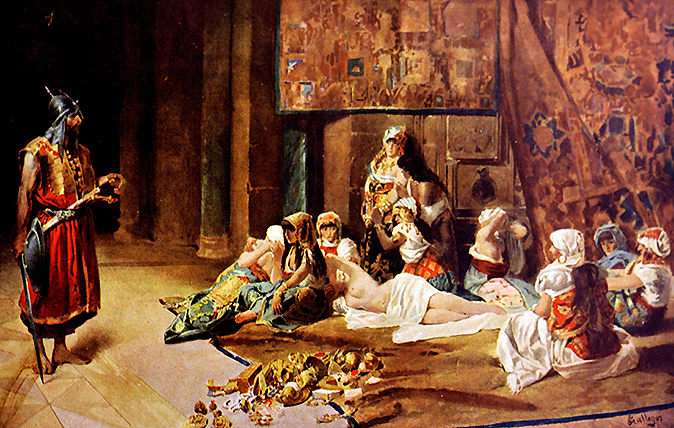
Jason Goodwin: The upside of life in a harem, and modern-day slavery on the King's Road
Our columnist Jason Goodwin considers the realities of everyday existence for the women kept in 18th century Ottoman harems.
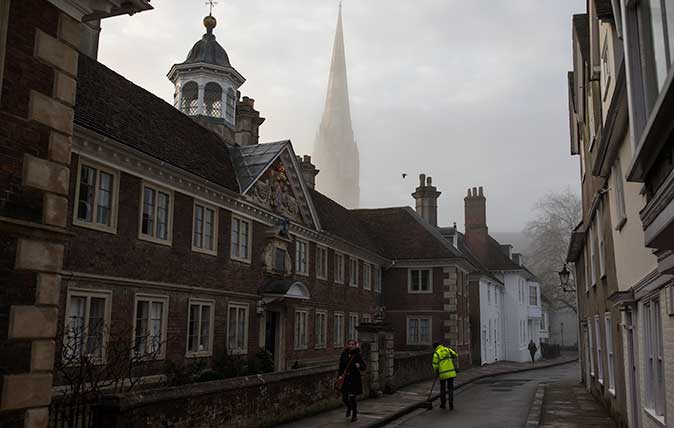
Credit: Getty
Jason Goodwin: 'There was nothing there. The original message from St Petersburg, Sergei’s emails, the thank-you email. All gone.'
Our columnist Jason Goodwin recounts a chilling tale of his own brush with the Russians in Dorset.
-
 Designer's Room: A solid oak French kitchen that's been cleverly engineered to last
Designer's Room: A solid oak French kitchen that's been cleverly engineered to lastKitchen and joinery specialist Artichoke had several clever tricks to deal with the fact that natural wood expands and contracts.
By Amelia Thorpe
-
 Chocolate eggs, bunnies and the Resurrection: Country Life Quiz of the Day, April 18, 2025
Chocolate eggs, bunnies and the Resurrection: Country Life Quiz of the Day, April 18, 2025Friday's quiz is an Easter special.
By James Fisher
-
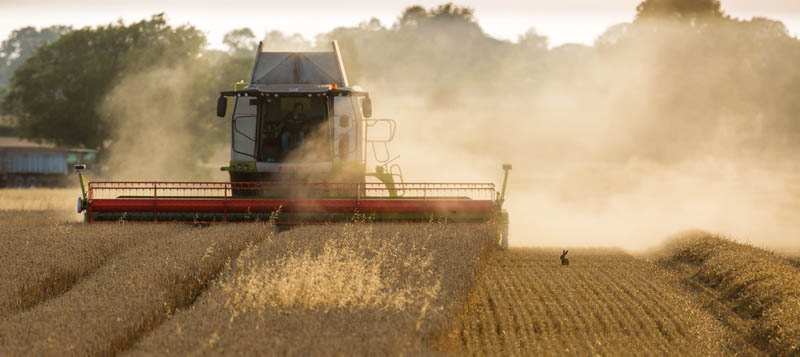 Minette Batters: 'It would be wrong to turn my back on the farming sector in its hour of need'
Minette Batters: 'It would be wrong to turn my back on the farming sector in its hour of need'Minette Batters explains why she's taken a job at Defra, and bemoans the closure of the Sustainable Farming Incentive.
By Minette Batters
-
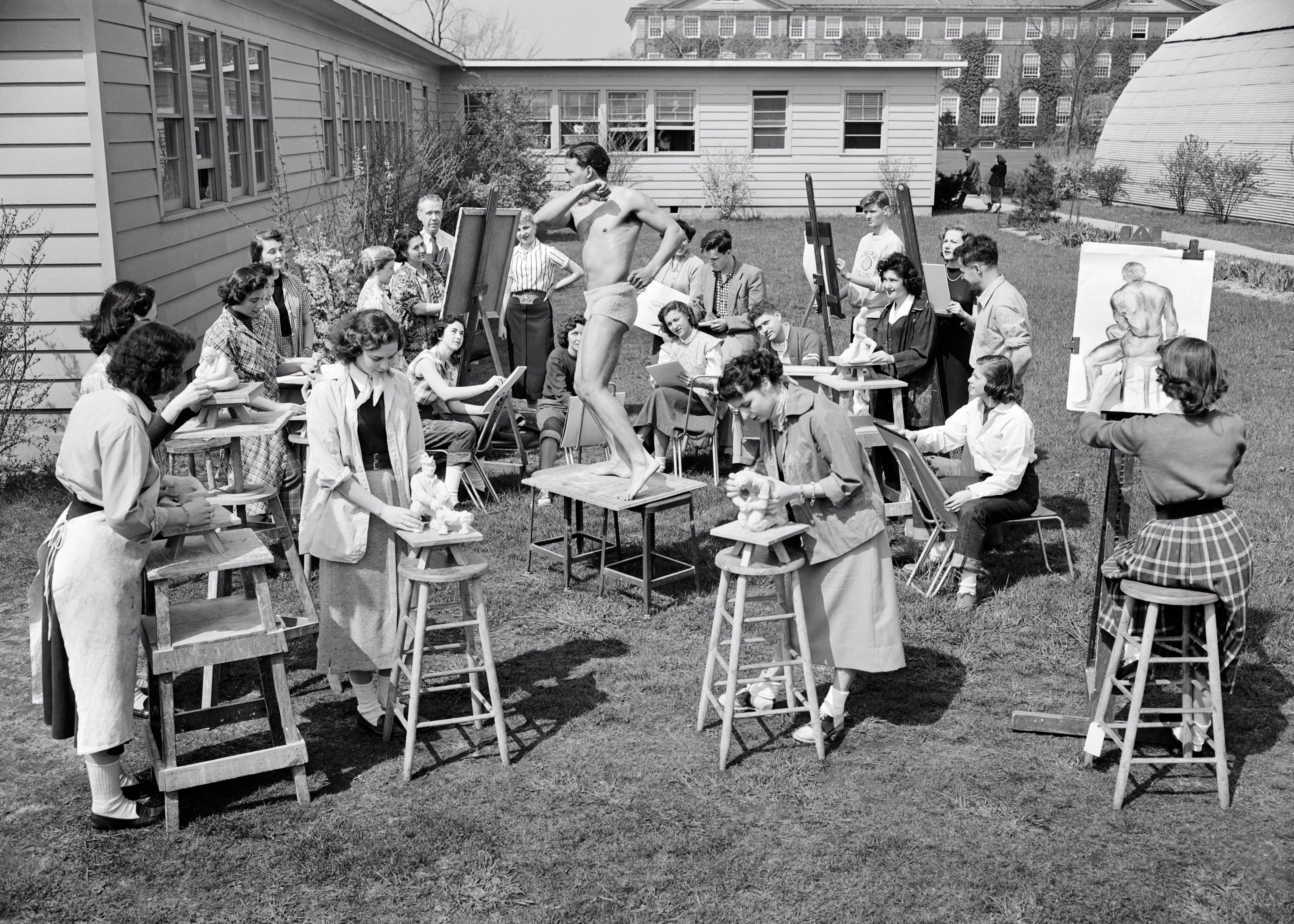 Why it’s imperative that schoolchildren have access to art and design classes
Why it’s imperative that schoolchildren have access to art and design classesThe UK’s creative industries are worth £124.6 billion, but suitable classes are being stripped from the curriculum. Tristram Hunt, director of the V&A, outlines what the Museum is planning to do about it.
By Tristram Hunt
-
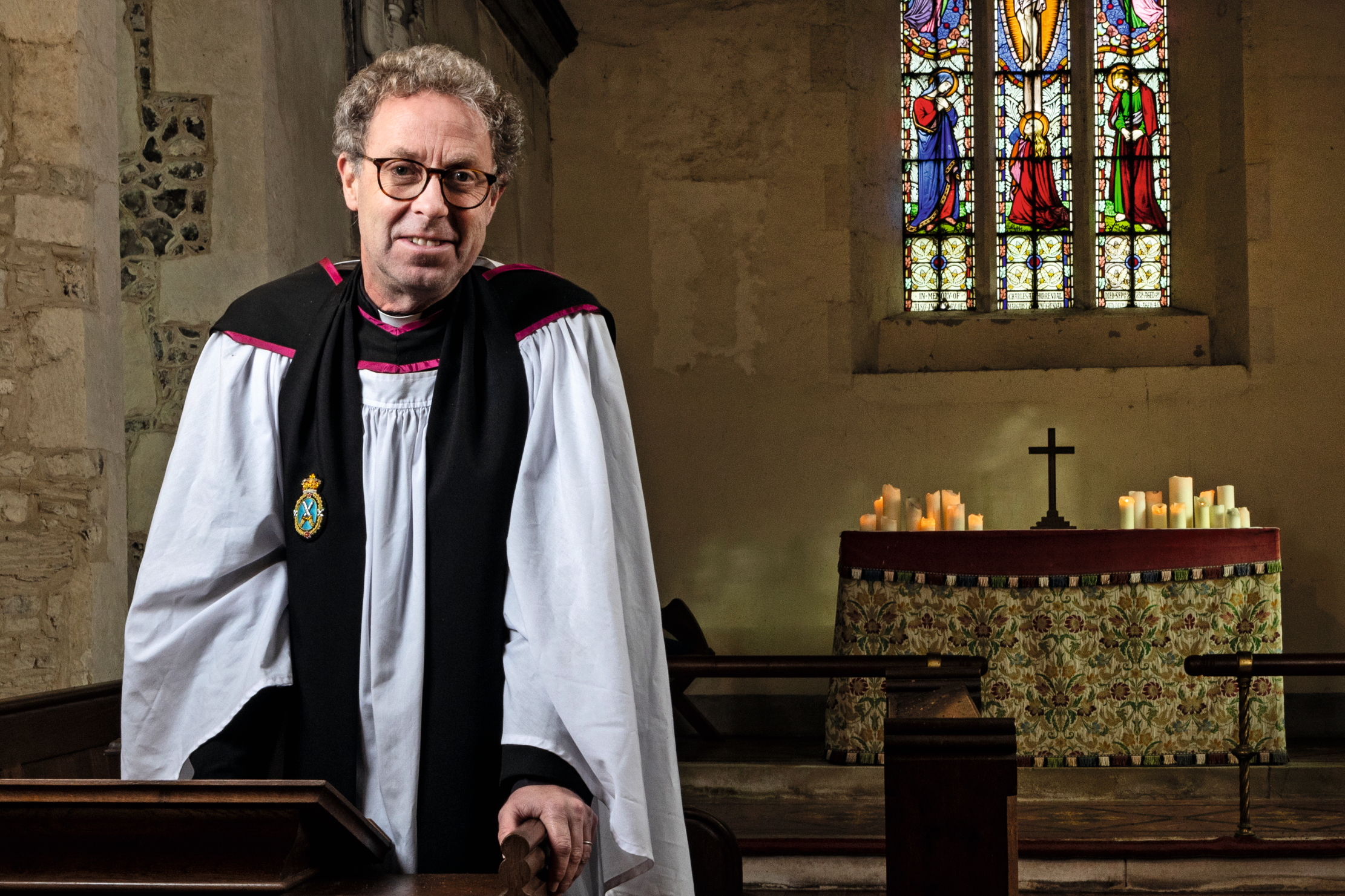 The Country Life Christmas message by Revd Dr Colin Heber-Percy: ‘The most powerful person in the world’ is not an emperor, high priest or CEO, but a helpless baby in the arms of a loving mother
The Country Life Christmas message by Revd Dr Colin Heber-Percy: ‘The most powerful person in the world’ is not an emperor, high priest or CEO, but a helpless baby in the arms of a loving motherRevd Dr Colin Heber-Percy on how Christmas shows us that ‘the most powerful person in the world’ is not an emperor, or a high priest or the CEO of a tech company, but a helpless baby in the arms of a loving mother.
By Rev Dr Colin Heber-Percy
-
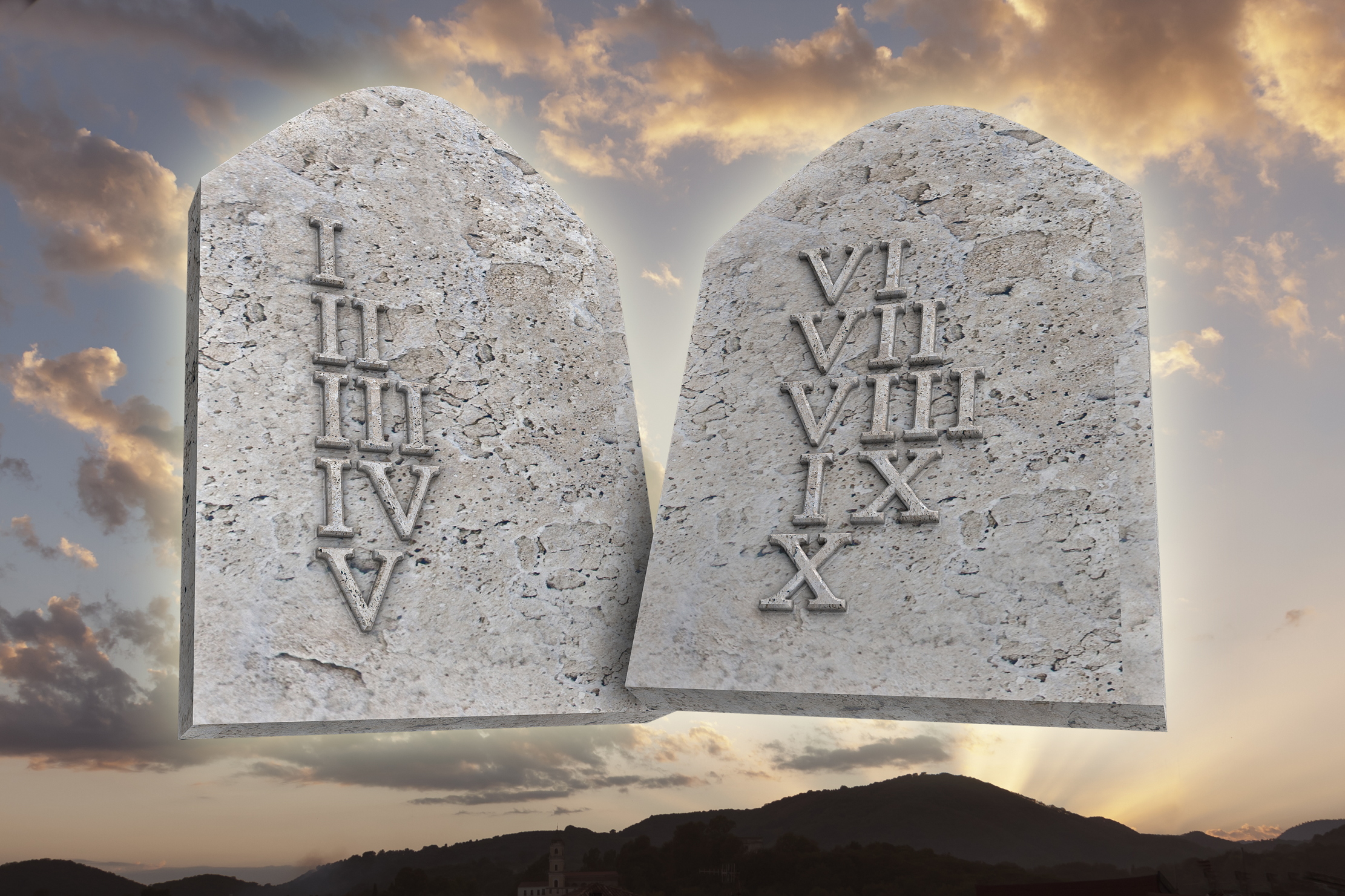 'Keep thy device clean': Country Life's Tech Commandments
'Keep thy device clean': Country Life's Tech CommandmentsWe all use our phones too much. The least we can do is agree on a set of rules for modern etiquette in a digital age.
By Toby Keel
-
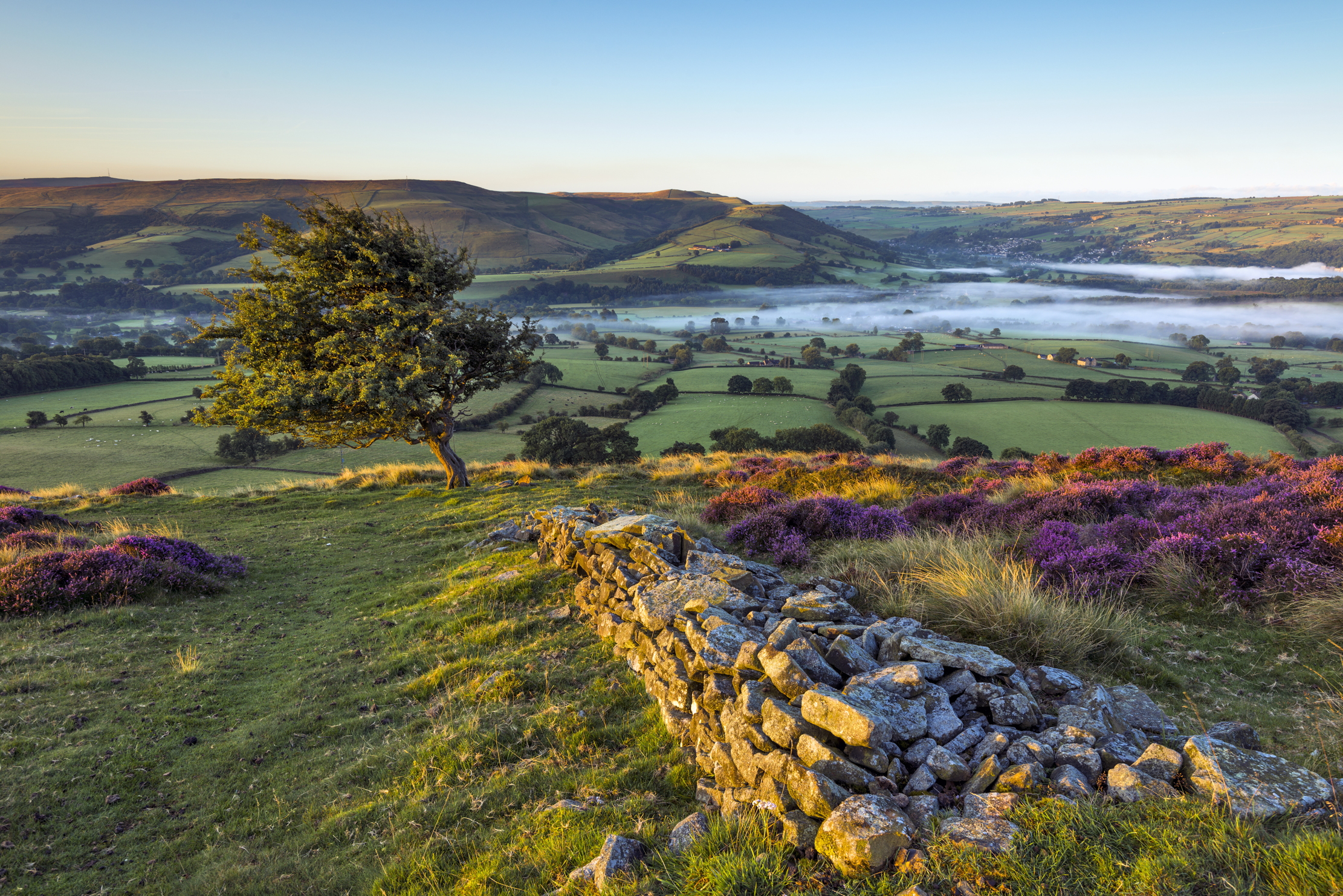 10 ways to save the planet, according to Country Life
10 ways to save the planet, according to Country LifeThere are many practical ways in which we–individuals, groups and Government–can make a difference to our planet, both locally and nationally. As the General Election looms, we present 10 areas where improvement is badly needed.
By Country Life
-
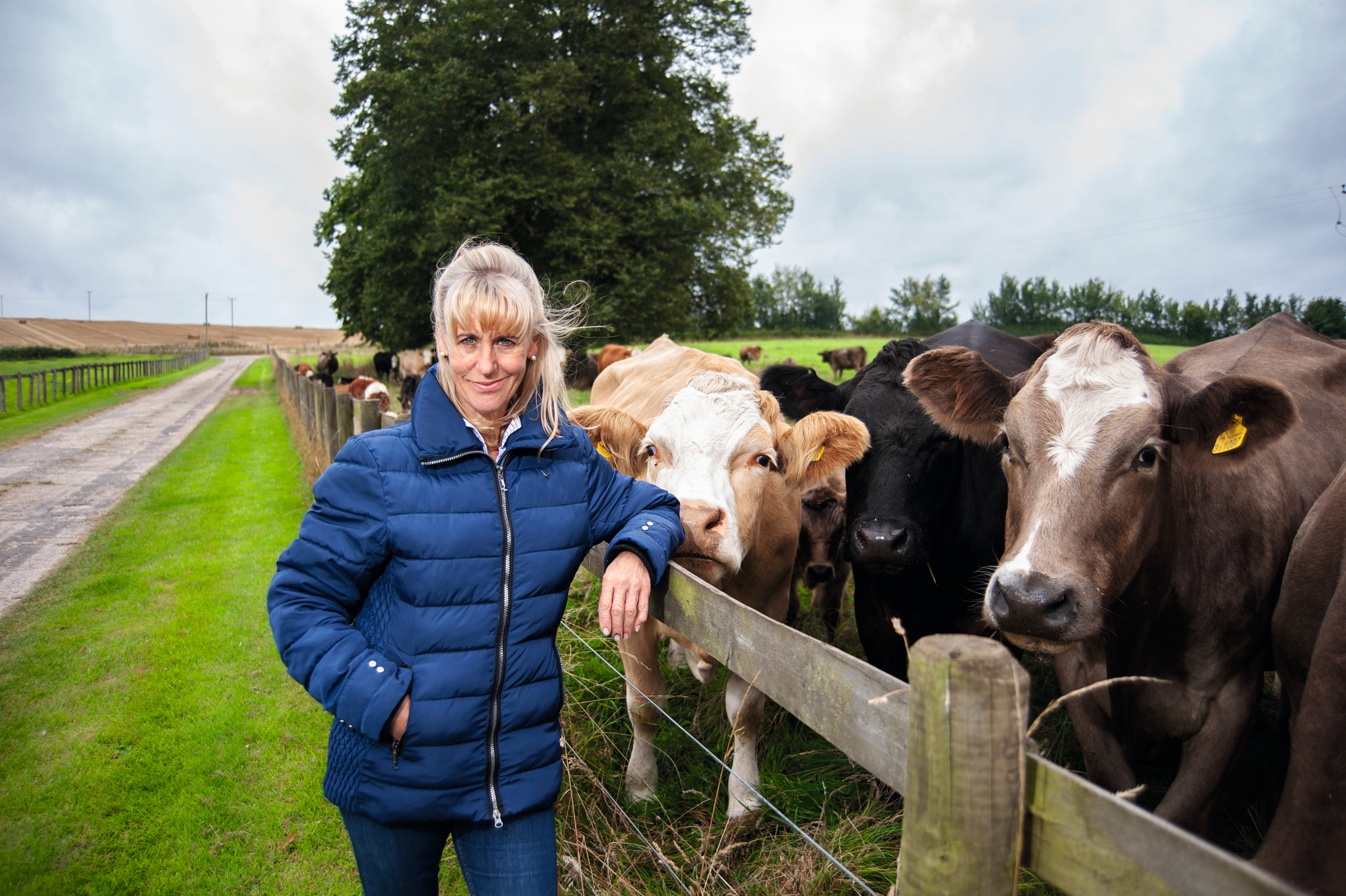 Minette Batters: We need to trade on a level playing field
Minette Batters: We need to trade on a level playing fieldAfter six years leading Britain's largest farming union, Minette Batters talks life after the NFU and why MPs of all parties need to take farming more seriously.
By Minette Batters
-
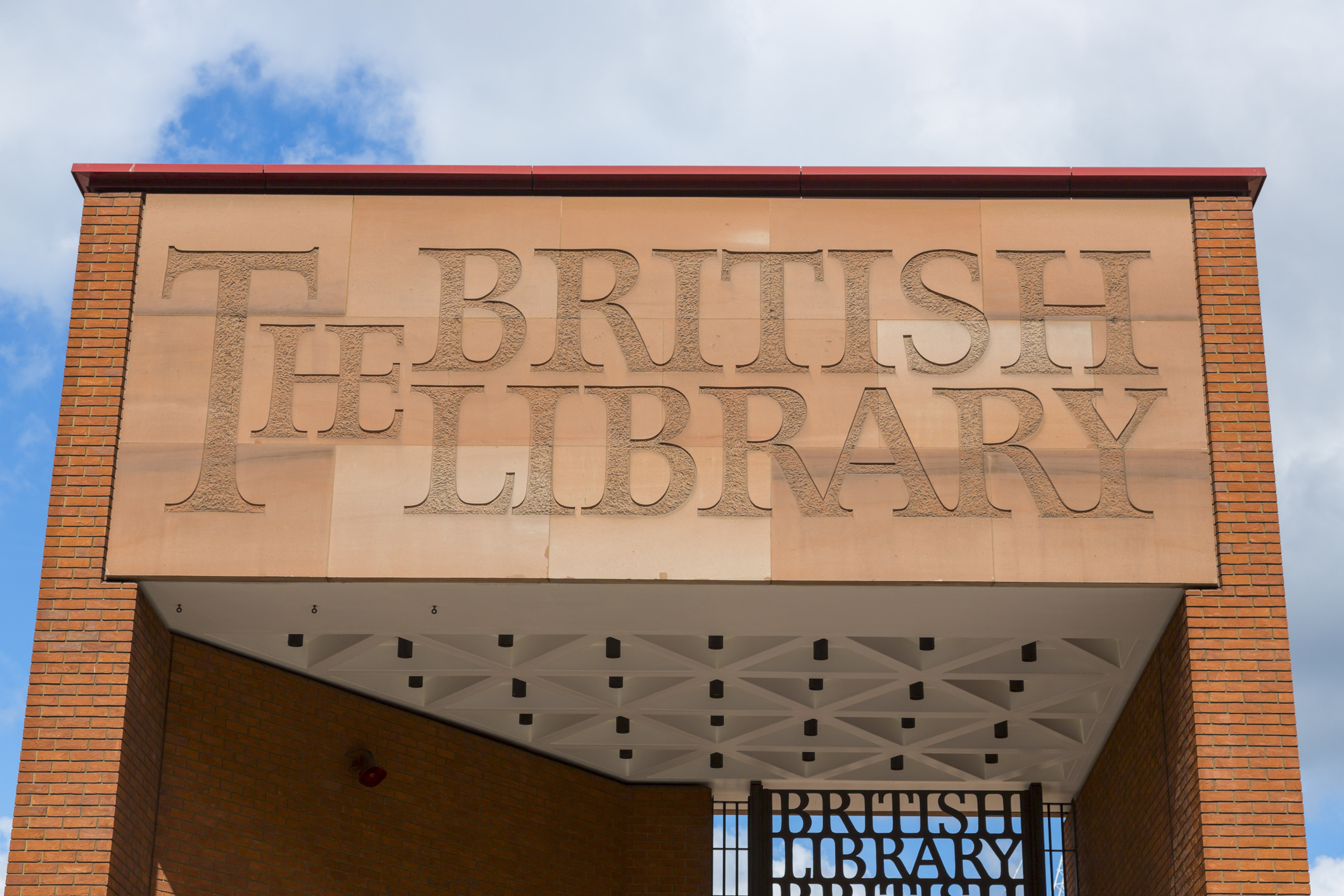 British Library cyber attack is a wake up call to the cultural sector
British Library cyber attack is a wake up call to the cultural sectorThankfully, physical objects are safe from cyber warfare, but our cultural institutions need to sit up and take notice, warns Athena
By Country Life
-
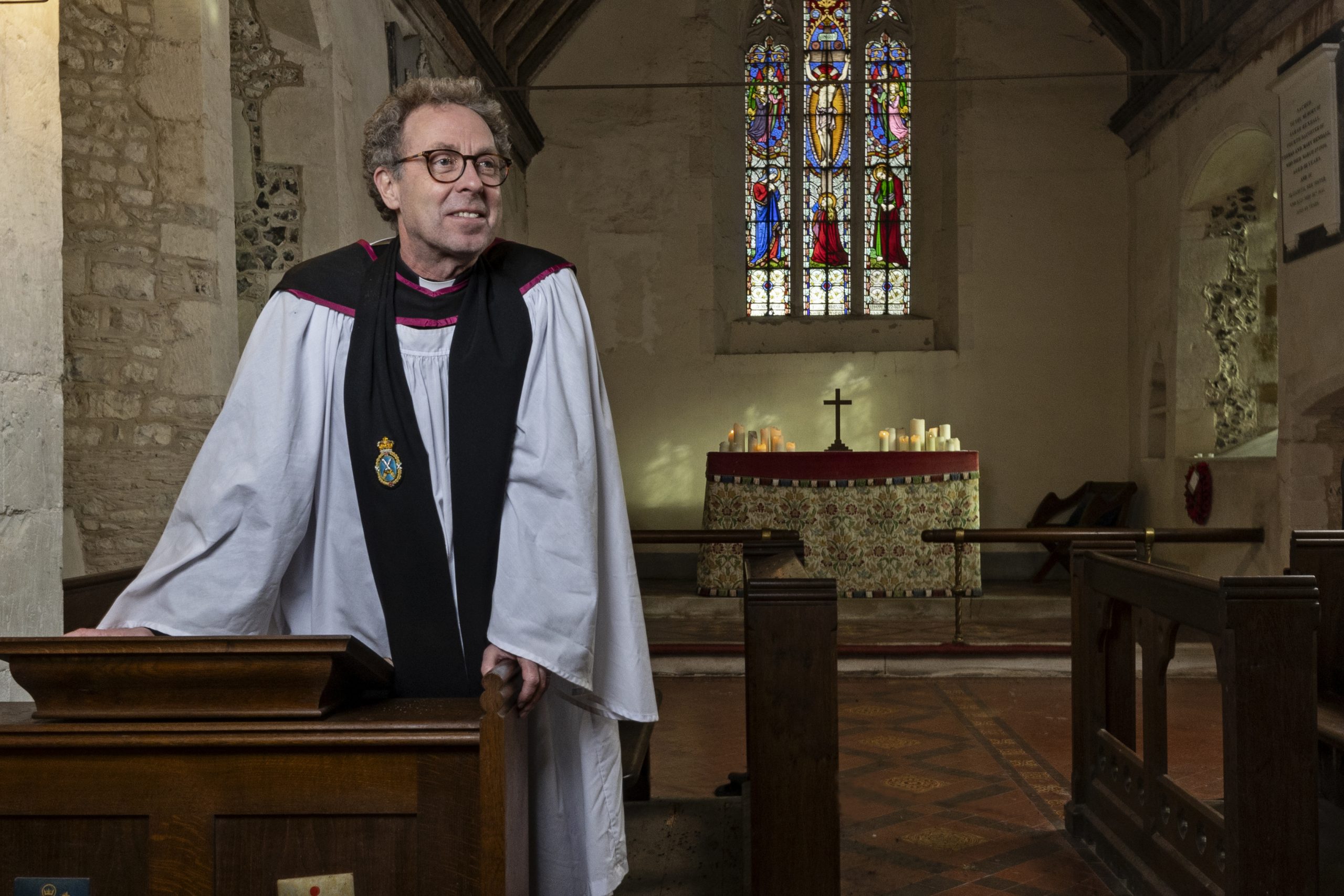 ‘The love we share at Christmas is a refuge. It replenishes our depleted batteries and allows us to go out again into the world’: The 2023 Country Life Christmas message, by Revd Colin Heber-Percy
‘The love we share at Christmas is a refuge. It replenishes our depleted batteries and allows us to go out again into the world’: The 2023 Country Life Christmas message, by Revd Colin Heber-PercyA safe haven, a refuge for rest and relaxation, the place we feel we belong—the concept of ‘home’ differs for each of us. At Christmas, home is so much more than a physical location: it is all around, says the Revd Colin Heber-Percy.
By Rev Dr Colin Heber-Percy